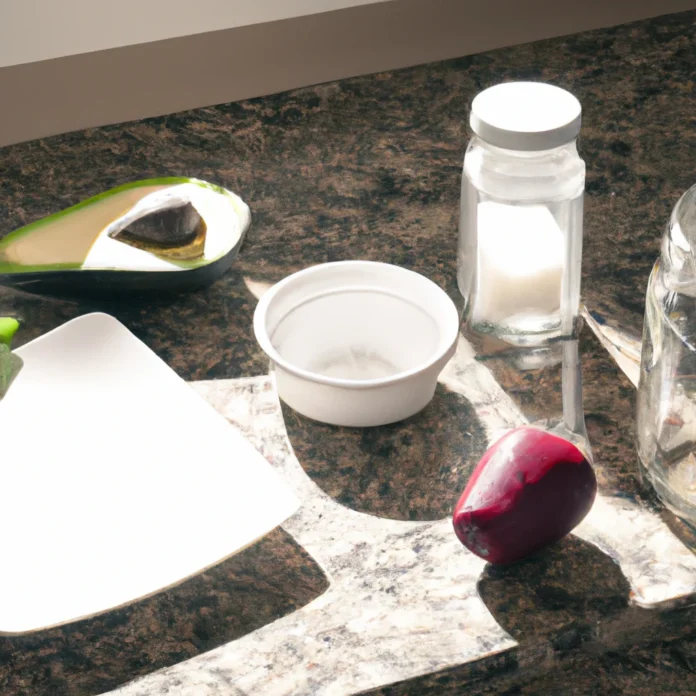Should You Take Creatine While Trying to Lose Weight?
In the world of fitness and bodybuilding, creatine is often a topic of debate, especially among those who are trying to lose weight. The question arises: should you incorporate this supplement into your regimen while aiming for weight loss? In this comprehensive guide, we will explore the effects of creatine on weight management, its benefits, potential drawbacks, and how to optimize its use for those on a weight loss journey.
Understanding Creatine: What Is It?
Creatine is a naturally occurring compound found in small amounts in certain foods, such as red meat and fish. It is primarily stored in the muscles and plays a pivotal role in energy production during high-intensity exercise. The body synthesizes creatine from amino acids, and it is also available as a dietary supplement. When supplemented, creatine can increase muscle mass, enhance strength, and improve exercise performance.
How Creatine Affects Weight Loss
When attempting to lose weight, the goal is often to reduce body fat while maintaining muscle mass. Creatine can play a dual role here, as it helps in both muscle retention and performance enhancement. However, its effects can vary based on individual physiology and workout routines.
The Role of Water Retention
One of the most significant effects of creatine supplementation is water retention within the muscles. This can lead to an increase in body weight, which might concern those focused on the scale. However, it is essential to distinguish between weight gain due to muscle mass and temporary weight gain from water. For those focused solely on numbers, this phenomenon can be misleading.
Muscle Preservation During Weight Loss
During a caloric deficit, the body can lose muscle mass along with fat. Creatine helps to preserve lean muscle tissue, making it easier to maintain strength and performance levels. This preservation is crucial for those looking to lose weight while still engaging in resistance training. Studies have shown that individuals who supplement with creatine while dieting tend to retain more muscle mass than those who do not.
Benefits of Creatine Supplementation for Weight Loss
Despite the concerns about weight gain, creatine offers several benefits that can support weight loss efforts:
1. Enhanced Exercise Performance
Creatine supplementation can lead to improved performance during high-intensity workouts. This means you can push harder, lift heavier, and train longer, all of which can contribute to greater calorie expenditure and fat loss over time.
2. Increased Muscle Mass
As mentioned earlier, creatine can help increase muscle mass. More muscle means a higher resting metabolic rate, which can further aid in weight loss. Essentially, the more muscle you have, the more calories your body burns at rest.
3. Improved Recovery
Creatine has been shown to enhance recovery between workouts, allowing for more frequent and intense training sessions. This improvement can be particularly beneficial for those in a caloric deficit who may experience fatigue more quickly.
Potential Drawbacks of Creatine While Losing Weight
While creatine has numerous benefits, there are also potential drawbacks to consider:
1. Temporary Weight Gain
The initial weight gain due to water retention can be discouraging. It is essential to focus on body composition rather than the scale alone. A better measure of progress is how clothes fit or body measurements rather than weight alone.
2. Gastrointestinal Issues
Some individuals may experience stomach discomfort or bloating when taking creatine. If this occurs, it may be helpful to adjust the dosage or consider different forms of creatine, such as creatine hydrochloride, which is known for better solubility and absorption.
How to Effectively Use Creatine During a Weight Loss Phase
To maximize the benefits of creatine while losing weight, consider the following strategies:
1. Timing and Dosage
The common recommendation for creatine supplementation is to start with a loading phase of 20 grams per day for five to seven days, followed by a maintenance dose of 3-5 grams per day. However, some prefer to skip the loading phase and directly start with the maintenance dose. Timing can vary, but taking creatine post-workout can be beneficial for muscle recovery and growth.
2. Stay Hydrated
Since creatine promotes water retention in the muscles, it is crucial to stay well-hydrated. Adequate hydration can alleviate potential gastrointestinal discomfort and optimize performance.
3. Combine with a Balanced Diet
A balanced diet rich in whole foods, lean proteins, healthy fats, and plenty of vegetables is essential. Creatine works best when combined with an adequate intake of carbohydrates, which can help replenish glycogen stores and enhance recovery.
“Success is not just about what you accomplish in your life, it’s about what you inspire others to do.”
Myprotein Products to Support Your Journey
For those looking to enhance their fitness journey, consider exploring the wide range of Myprotein products. They offer various supplements, including creatine, protein powders, and vitamins, all designed to support your health and fitness goals. You can find high-quality supplements that suit your needs and help optimize performance while on a weight loss journey. Check out Myprotein for the best options available.
Conclusion
In conclusion, creatine can be a valuable addition to your supplement regimen while trying to lose weight. It aids in muscle preservation, enhances exercise performance, and supports recovery. However, it is essential to keep in mind the temporary weight gain associated with water retention and to focus on overall body composition rather than scale weight. By employing the right strategies, such as staying hydrated and following a balanced diet, you can effectively use creatine to complement your weight loss efforts.
For more insights on health and lifestyle, visit News Box.

